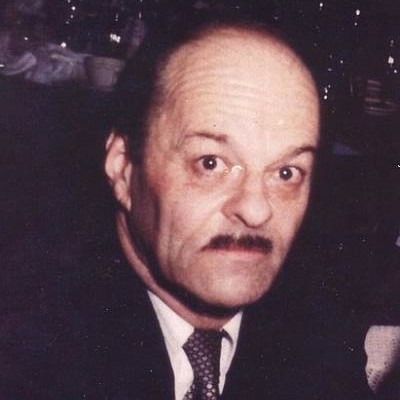About the Author:

Leonid Kossman (1915-2010) was a Soviet-American linguist, philologist, and Germanist, as well as author of textbooks on German phraseology and English word usage for Russian speakers; and a journalist (in exile). In February 1918, his family emigrated from Bolshevik Russia to the newly independent Latvia. He spoke three languages: German, Russian, and Latvian. After graduating from a German gymnasium, he studied at the University of Latvia. At the same time, he worked as a theater critic for the Latvian newspaper Cīņa. He was able to leave Latvia three days before the Nazi army occupied Riga. All members of his family who had stayed in Riga, perished in the Holocaust. On July 27, 1942, he was severely wounded in the head near Staraya Russa. After the war, he completed his graduate studies at the Philological Faculty of Moscow University. He taught German language and literature at the Maurice Thorez Institute (Moscow’s InYaz) for many years. During this period, his articles on German philology and two textbooks for students of German were published. They became classic textbooks for several generations of German language students in all regions of the Soviet Union. With his wife and two children, he emigrated from the Soviet Union in June 1972 and arrived in the US in 1973. He taught German at Case Western Reserve University in Cleveland. After moving to New York, he worked as a journalist; he collaborated with Russian-language newspapers, such as Russkaya mysl (Paris), and with German-language newspapers such as Staats-Zeitung and Aufbau. He signed all his newspaper articles with pen names. In the late 1970s, he wrote six textbooks of English vocabulary and grammar, which became very popular among Russian speakers in the late 1970s and the 1980s. This excerpt is from his novel “Above Water.” (“Above Water” by Leon Kossman, originally written in German and published in English in 2003).




